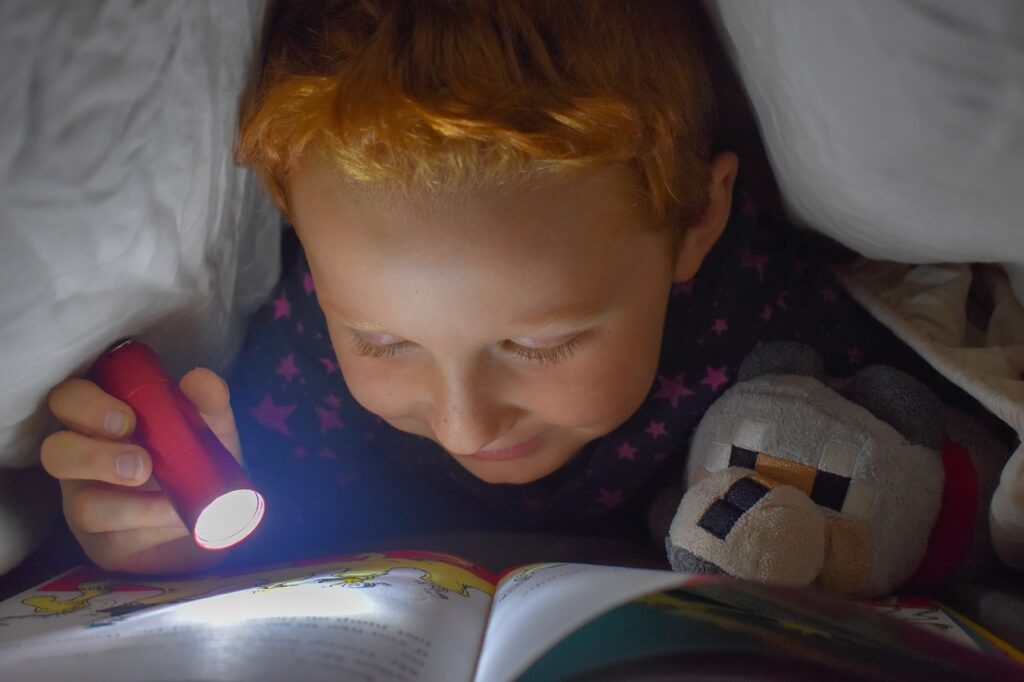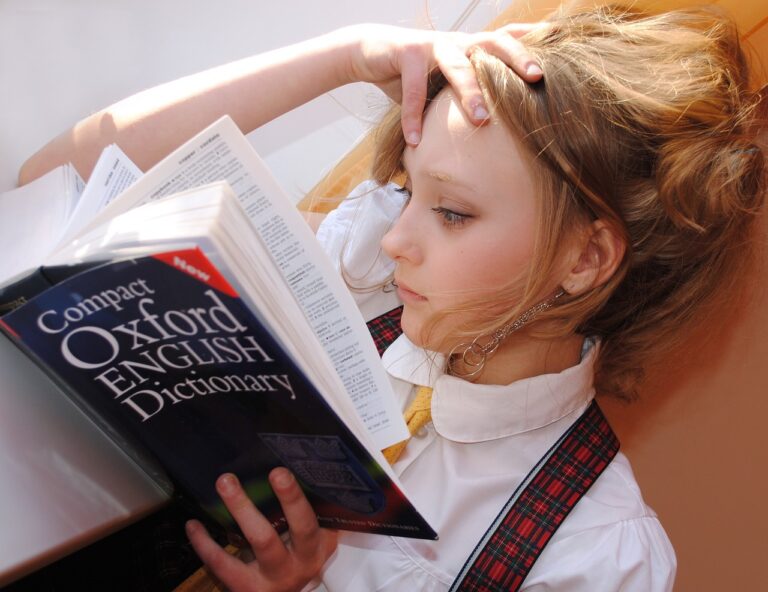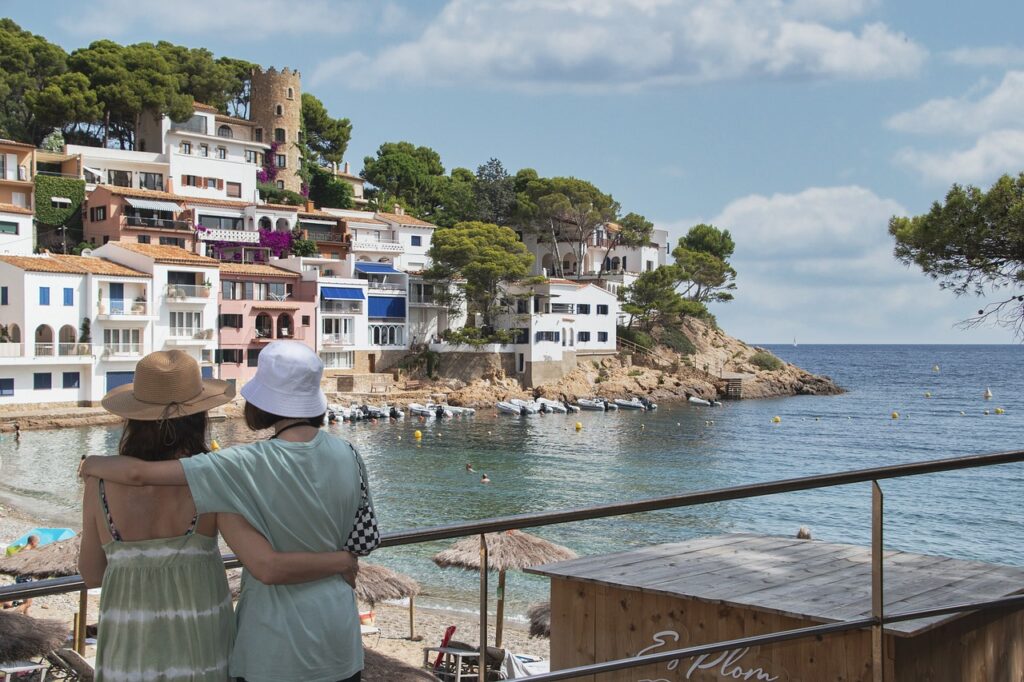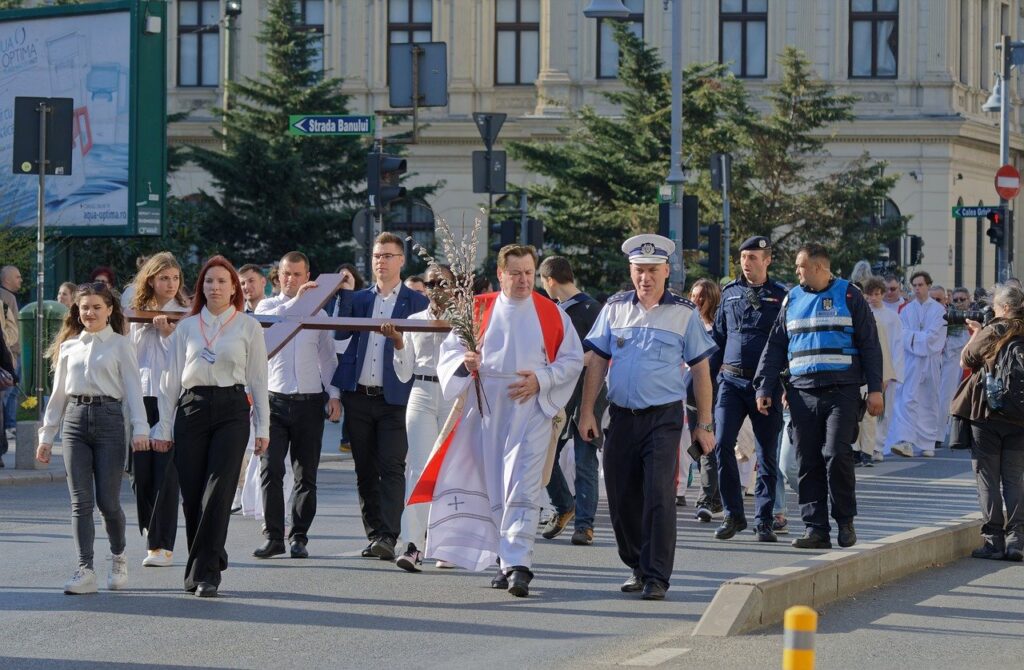B2 First Speaking
B2 First (FCE) Speaking Preparation Guide
Overview
The B2 First (FCE) Speaking section assesses your ability to communicate effectively in English. It consists of four parts, each focusing on different speaking skills. Below, you’ll find detailed explanations, tips, strategies, and activities to help you excel in this section.
Speaking Part 1
Part 1: Interview
What to Expect:
- A short conversation with the examiner (2 minutes).
- Questions about your personal information, hobbies, interests, studies, etc.
Tips:
- Be Confident: Speak clearly and confidently.
- Expand Your Answers: Don’t just give one-word answers; provide additional information.
- Be Honest: Talk about your real experiences and interests.
Part 1: Interview (Answering Questions)
Personal Background:
Can you tell me about your hometown?
What are your favorite hobbies and why do you enjoy them?
Do you have any plans for the future regarding your studies or career?
Daily Life:
What is a typical day like for you?
How do you usually spend your weekends?
Do you prefer spending time with friends or family? Why?
Speaking Part 2
Part 2: Long Turn
What to Expect:
- You will be given two photographs to describe and compare (1 minute).
- You will then answer a follow-up question about your partner’s photographs (30 seconds).
Tips:
- Describe and Compare: Describe the photos in detail and compare them.
- Use Speculative Language: Use phrases like “might be,” “could be,” “seems to be.”
- Structure Your Talk: Start with a brief description, then compare, and finally speculate or give opinions.
Part 2: Long Turn (Individual Task Description)
Task 1:
- Look at these two pictures of people reading. Describe the pictures and say how you think the people are feeling.
Task 2:
- Look at these two pictures of people enjoying different types of holidays. Compare the pictures and say which type of holiday you would prefer and why.
Task 1:
- Look at these two pictures of people reading. Describe the pictures and say how you think the people are feeling.


Task 2:
- Look at these two pictures of people enjoying different types of holidays. Compare the pictures and say which type of holiday you


Speaking Part 3
Part 3: Collaborative Task
What to Expect:
- A discussion task with your partner based on a prompt (2 minutes).
- You will then need to reach a decision together (1 minute).
Tips:
- Engage with Your Partner: Listen and respond to your partner’s ideas.
- Use Interactive Language: Use phrases like “What do you think?” “I agree,” “That’s a good point.”
- Stay on Topic: Keep the discussion focused and relevant to the prompt.
Part 3: Collaborative Task (Discussion)
Task 1:
- Imagine you are planning a school event. Discuss these ideas and decide which would be the most successful.
- Sports Day
- Music Concert
- Charity Event
- Science Fair
- Cultural Festival
- Imagine you are planning a school event. Discuss these ideas and decide which would be the most successful.
Planning a School Event: Discussing Ideas
Sports Day
- Pros: Promotes physical fitness, team spirit, and healthy competition. Inclusive for all students with different events.
- Cons: Weather-dependent and requires extensive planning for equipment and safety.
Music Concert
- Pros: Showcases student talent, builds community, and raises funds through ticket sales.
- Cons: Needs rehearsal time, sound equipment, and can be costly.
Charity Event
- Pros: Raises awareness and funds for a good cause, encourages social responsibility, and can involve the wider community.
- Cons: Requires a strong marketing plan and volunteer support.
Science Fair
- Pros: Encourages creativity and scientific inquiry, allows students to showcase projects, and involves parents and teachers.
- Cons: Requires coordination and a judging panel.
Cultural Festival
- Pros: Celebrates diversity, includes food, performances, and crafts, and educates students about different cultures.
- Cons: Needs organization for various activities and can be resource-intensive.
Deciding the Most Successful Event
- Most Successful: Charity Event
- Reasoning: A charity event not only brings the school community together for a common cause but also teaches students the importance of giving back. It can be highly rewarding and impactful, leaving a lasting impression on students and the community. Additionally, it can incorporate elements from other events, like sports or music, to broaden its appeal and effectiveness.
Extra Task
Part 3: Collaborative Task (Discussion)
Task 2:
- Discuss the benefits and challenges of living in a big city versus a small town. Reach a conclusion on which is better.
Speaking Part 4
Part 4: Discussion
What to Expect:
- A discussion with your partner and the examiner about topics related to Part 3 (4 minutes).
Tips:
- Express Opinions Clearly: Give clear opinions and back them up with reasons.
- Agree and Disagree Politely: Use phrases like “I see your point, but…” or “I completely agree.”
- Develop the Discussion: Extend your answers and build on what your partner says.
Part 4: Discussion (General Questions on the Topic)
Topic: Technology and Communication
How has technology changed the way we communicate with each other?
What are the advantages and disadvantages of using social media?
Topic: Travel and Tourism
How does travel benefit young people?
What impact does tourism have on the environment?
General Strategies
- Practice Speaking Regularly: The more you speak, the more confident you’ll become.
- Listen to English: Improve your listening skills by watching English movies, listening to podcasts, and engaging with native speakers.
- Expand Your Vocabulary: Learn new words and phrases to express your ideas more clearly.
- Stay Calm and Positive: Maintain a positive attitude and stay calm during the exam.
